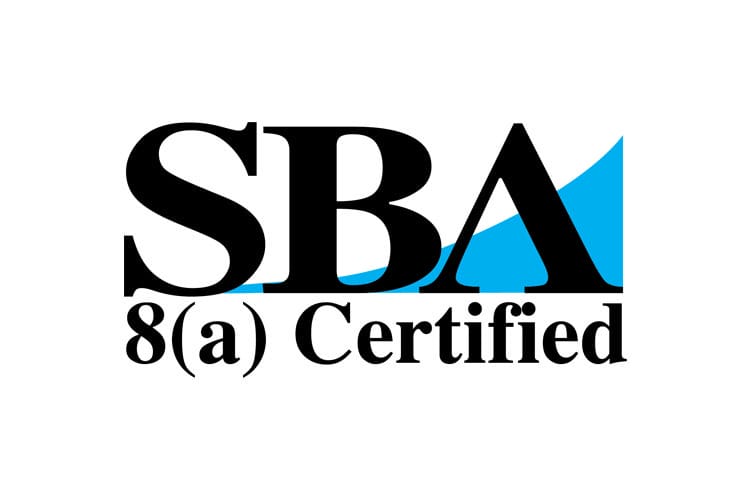


I’m attending BizCon Alliance and have been asked about the status of SBA’s 8(a) Program. It has been a common question this year: with the Trump Administration’s focus on removing “DEI” from federal contracting, many have wondered whether the 8(a) Program will survive.
Here are my (brief) thoughts.
By way of background, the 8(a) Program provides contracting assistance for companies that are owned and controlled by socially and economically disadvantaged companies. Establishing social and economic eligibility can be intensive. Of importance here, a socially disadvantaged business owner is one who belongs to a group that historically has been discriminated against, or a business that is owned by a tribal/Alaska Native/Native Hawaiian entity.
Let’s cut to the quick: some have viewed the 8(a) Program as a leg-up for minority contractors. And we’ve seen hostility towards the Program for that reason. In the recent past, we saw SBA forced to abandon the rebuttable presumption of social disadvantage in response to a federal court injunction. And we’ve seen the Trump 2.0 Administration take a hard-line against “DEI” programs and demand their removal from federal contracting. We’ve also seen SBA announce a “full scale audit” of the 8(a) Program based on allegations of “massive fraud.” In fact, SBA just suspended an 8(a) contractor from federal contracting for allegations of fraudulently obtaining 8(a) contracts.
I think any honest observer would conclude that the Trump Administration is hostile to the 8(a) Program. Perhaps it’s for this reason that SBA only certified 66 companies to participate in the 8(a) Program from January to August 2025–down from over 500 companies during the same period in 2024. And I’ve heard that SBA hasn’t approved funding to approve any additional companies.
Given these realities, many have asked whether the 8(a) Program remains viable. To this, I’ve heard others say that, because the Program is statutorily-required, the Administration can’t kill it. Rather, the 8(a) Program can only be eliminated through an act of Congress, which probably doesn’t have the political stomach to do away with the Program entirely.
I’m not so sure.
The Small Business Act grants SBA’s Administrator wide discretion to implement the 8(a) Program. “It shall be the duty of the [SBA] and it is hereby empowered,” the statute says, “whenever it determines such action is necessary or appropriate” to enter contracts with 8(a) entities. 15 U.S.C. 637(a)(1) (emphasis added). In other words, if SBA doesn’t think it necessary or appropriate to enter into 8(a) contracts, it’s not compelled to do so.
My fear is that there’s a significant risk that SBA—at least under this Administration—decides that contracting with 8(a) companies is no longer necessary or appropriate. Doing so, SBA could point to the success of agencies at awarding 8(a) contracts. Or maybe it would point to the changing constitutional interpretation of these type of programs. It might also refer to some of the (perceived) fraud within the Program to justify axing it.
The point is that—statutory basis notwithstanding—the 8(a) Program might not be on firm footing.
And I think that’s a shame. Certainly, the Program has rewarded entrepreneurship and helped spread financial benefits to companies that have been overlooked in the past.
If you’re an 8(a) contractor, what can you do to help protect your business?
I recommend two things:
First, audit your compliance with the 8(a) Program and subcontracting requirements. Once you’re certified under the Program and as you grow busier with contract performance, it’s natural for compliance matters to take a little bit of a backseat. But that’s a mistake, as dropping out of compliance can cost you your status, an award, and perhaps even cause SBA to allege fraud.
Second, advocate for yourself! Small businesses of all stripes—whether an 8(a) Participant, an SDVOSB, a WOSB, or a HUBZone entity—should help their elected representatives understand the importance of these socioeconomic programs. The more our leaders understand the economic impact and jobs created under the programs, the more supportive and protective they’re likely to be.
These are just my brief thoughts, although this topic demands something more substantive. If you have any questions about the 8(a) Program—of if you’d like to share your thoughts—please reach out.